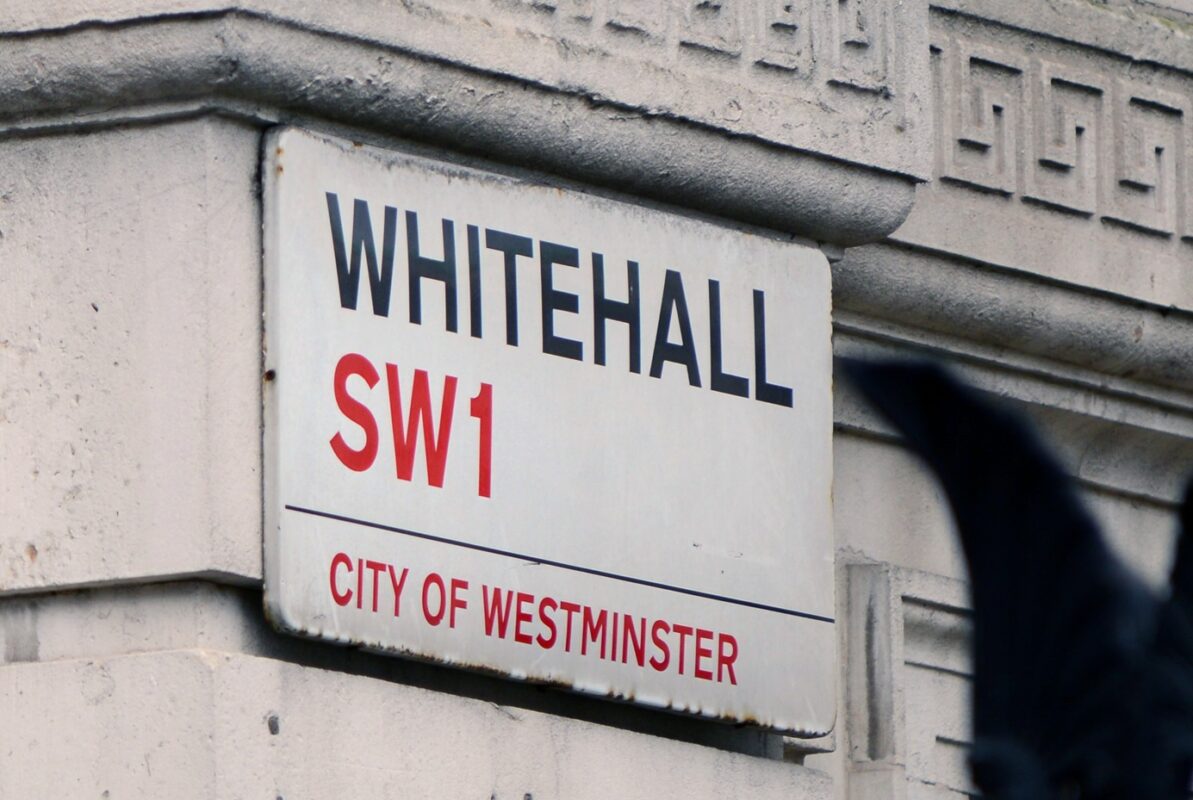
The Public Accounts Committee (PAC) has become the latest parliamentary body to have found the government guilty of severe mismanagement of the Levy Control Framework (LCF).
Lamenting a lack of “transparency, rigour and accountability”, the PAC found that a series of failings at government level caused spending within the LCF to spiral and that its response was not quick or coherent enough to limit the overspend without damaging investor confidence.
Principal to these failures was what the PAC termed a “culture of optimism bias” within the now defunct Department of Energy and Climate Change (DECC). The committee said the department did not consider that its projections or market research capabilities and failed to regularly consult on spending, contributing to a lack of transparency over spending.
The PAC pointed in particular to how projected LCF expenditure soared by £2 billion in the space of four months in 2015. Nearly one-third of this spend – some £600 million – was attributed to the use of 18 month-old load factor projections for offshore wind turbines when estimating their electricity generation.
The government’s response for this overspend – to enact significant cuts to consumer levy-funded subsidy schemes such as the Renewables Obligation, the feed-in tariff and Contracts for Differences – was also criticised, with the PAC stating that the measures risked harming investor confidence.
The PAC has established a number of recommendations which it said would improve the management of the future LCF, set to be unveiled at next month’s spring budget.
Among the PAC’s recommendations are:
- Regular reports on LCF expenditure and an annual energy bill report, published in an easily understandable format, which also makes clear what bill payers are being charged, the first edition of which should be published by April 2017.
- Assessments of the uncertainty surrounding energy scheme forecasts, with proportional back-up plans to help control costs should central forecasts prove incorrect.
- Regular reviews of BEIS’ market intelligence capabilities and assurances that it maintains access to the “best available evidence”.
The report echoes much of what had already been discussed in the National Audit Office’s report into the LCF last year, which also concluded that a series of significant government failures had caused expenditure to soar in such a short space of time.
Meg Hillier MP, chair of the PAC, said: “The government has failed to meet its commitment to report annually on the impact these policies are having on bills. Current arrangements just aren’t good enough.
“At the same time, the government expects the cost of levies to continue to bust the budget – meaning customers will pay more than expected.
“This is a result of poor forecasting and further evidence of excessive optimism in the implementation of energy policy.
“Government must take action to address this and also ensure customers can see clearly what they are paying towards existing and future schemes through their bills.”
However Jonathan Marshall, energy analyst at the Energy and Climate Intelligence Unit, laid the blame squarely at the government’s door and labelled it the “latest instance of clumsy policy” that threatened to turn “a UK success story into negative news”.
“We should be taking pride in the leaps and bounds made by renewable energy in the UK – from consuming power generated by the world’s largest offshore wind farm, to supporting projects around the world with legal and financial expertise. However, an inability to adapt and keep up with the pace of change in low-carbon technology, sub-par forecasting and incessant policy changes are having an unwelcome effect on customer bills,” he said.

